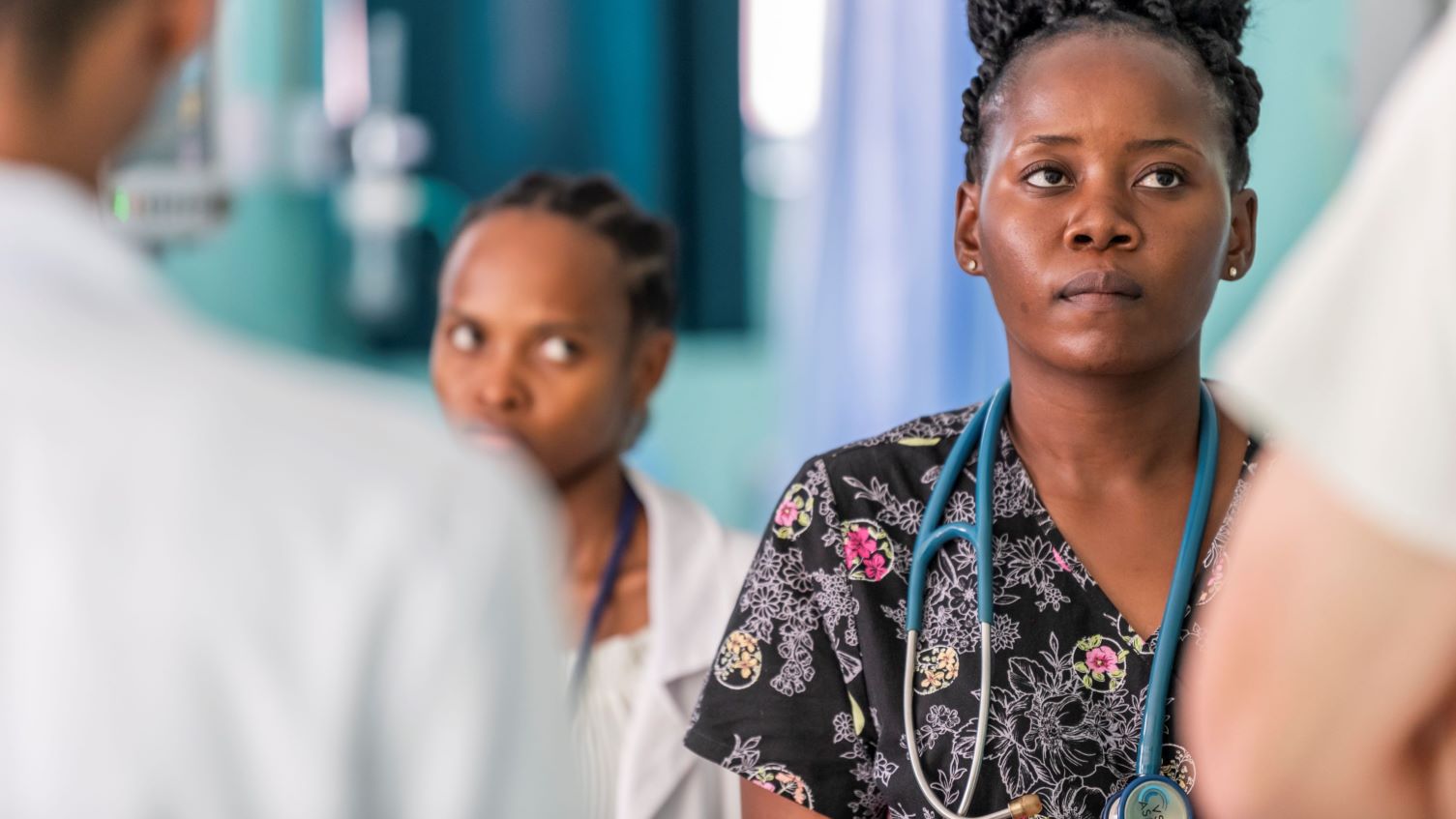Unit | Society, Gender and Health
Social Determinants of Health are responsible for 30-55% of disease outcomes (source: WHO: Social determinants of health). Various factors such as environmental, economic and political challenges, conflicts and violence, and migration, exacerbate inequalities within societies and between global regions. These disproportionately affect the health and well-being of the most socially, economically and structurally vulnerable humans and lead to an unequal distribution of diseases and healthcare resources. Ongoing transformations, such as rapid aging, increasing digitalization, uncontrolled urbanization and changing lifestyles, affect both society and individuals as a whole. However, their impact and outcome on health varies depending on where people live, their gender, race, wealth, education or legal status.
Improving health for all on a global and local level requires intersectional approaches that address the relationality of these manifold challenges. The Society, Gender and Health unit responds to this by conducting high-quality collaborative research with scholars from a wide range of scientific disciplines, such as the humanities, social sciences, medicine and natural sciences, and includes practitioners and diverse non-academic individuals, institutions and communities.
In alignment with the Sustainable Development Goals, our inter- and transdisciplinary research focuses on applicable solutions that are equitable, just and inclusive. The diffusion of innovative technological solutions for health and well-being is often fraught with challenges of access and adaptation, and must be complemented by locally developed and accepted solutions. Recognizing and building on locally available resources and approaches that can be leveraged for sustainable health by individuals, households, communities and health systems is key to achieving better health for all.
Conceptually our scholars are exploring intersections of pragmatic public health perspectives with reflective social science stances, bringing together epidemiology, clinical medicine, medical anthropology, and sociology.
Key Projects
Advancing Cervical Cancer Screening in HIV-Positive Women
In Sub-Saharan Africa (SSA), cervical cancer (CC) remains the leading cause of cancer-related death among women. This coincides with the high prevalence of HIV in the region. Although the introduction of antiretroviral treatment has reduced the risk of some cancers in people living with HIV, the incidence of CC has not decreased. Prevention strategies are considered to be the most effective way to reduce CC-related morbidity and mortality. The project will contribute to reducing disparities in CC by developing a framework and monitoring tool for CC screening programmes for women living with HIV in SSA. Read more
Reducing Violence Against Health Care Workers
Violence against health care workers (HCWs) deprives thousands of people of their right to health care. This study focuses on the challenge of non-military violence against HCWs in post-crisis humanitarian settings. This study aims to evaluate the effectiveness of a de-escalating violence training for HCWs in combination with an organisational-level intervention that can further contribute to reducing violence. To this end, a community-developed set of rules will be implemented in health facilities and hospitals through a displayed code of conduct. Citizen science and other participatory methods will ensure community engagement and increase trust in HCWs. Read more

Towards the Elimination of Cervical Cancer
The TRACCTION study aims to understand the cancer landscape in Tanzania and contribute to the elemination of cervical cancer in the country. The mixed-methods study uses a transdisciplinary approach to explore women's perceptions of cervical cancer care, document the cervical cancer care cascade from screening to treatment for women living with and without HIV, and identify demand-side gaps and opportunities to increase uptake of cervical cancer screening and treatment in Kilombero District, Tanzania. Read more


 Sabreen Alnahhal
Sabreen Alnahhal
 Peace Ayeni
Peace Ayeni
 Tafadzwa Gladys Dhokotera
Tafadzwa Gladys Dhokotera
 Giovanfrancesco Ferrari
Giovanfrancesco Ferrari
 Franc Fritschi
Franc Fritschi
 Kristen Jafflin
Kristen Jafflin
 Andrea Kaiser-Grolimund
Andrea Kaiser-Grolimund
 Daniel Kipo
Daniel Kipo
 Mwansa Lumpa
Mwansa Lumpa
 Adriane Martin Hilber
Adriane Martin Hilber
 Sizeka Mashele
Sizeka Mashele
 Sonja Merten
Sonja Merten
 Babatunde Owolodun
Babatunde Owolodun
 Suzanne Powell
Suzanne Powell
 Margareth Somba
Margareth Somba
 Sidika Tekeli Yesil
Sidika Tekeli Yesil
 Monica Roxana Ticlla Ccenhua
Monica Roxana Ticlla Ccenhua
 Piet van Eeuwijk
Piet van Eeuwijk
 Christopher Woodrow
Christopher Woodrow
 Debora Yesaya
Debora Yesaya